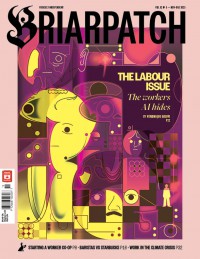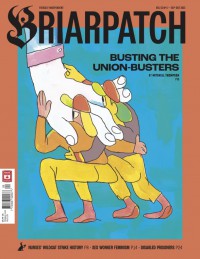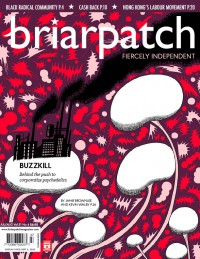-
 Online-only
Online-onlyWhen sex workers go missing, who responds?
In 2017, Alloura Wells went missing. When police refused to file a missing persons report, sex workers stepped up to search for their friend. This is the story of the search for Alloura, and sex workers’ calls to abolish the police.
-
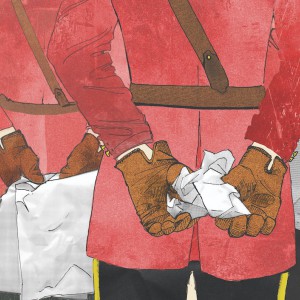 Magazine
MagazineAdministrative sabotage
The archives of Canada’s security state are being strangled by secrecy, censorship, and years of delays.
-
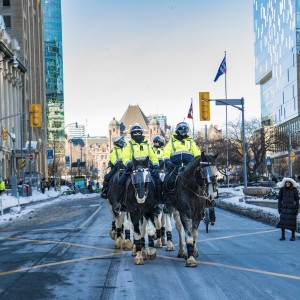 Online-only
Online-onlyAlex Vitale on the policing of insurrectionary far-right protests
For professor Alex Vitale, author of The End of Policing, “when we embrace the use of repressive political policing, we’re mobilizing the tools that will primarily be used against our own movements.”
-
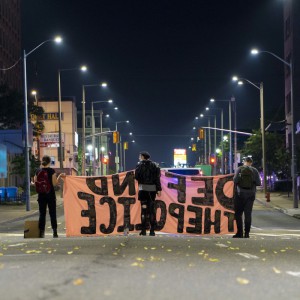 Magazine
MagazineOrganizing against education’s jailers
Police-free schools means kicking cops out, keeping them out, and much more.
-
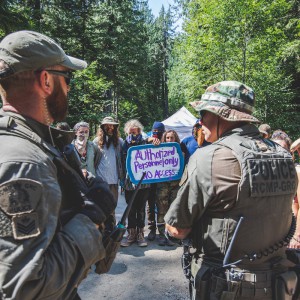 Magazine
MagazineThe C-IRG: the resource extraction industry’s best ally
In British Columbia, a little-known arm of the RCMP is dedicated to enforcing injunctions for resource extraction companies. Interviews with land defenders, a C-IRG commander, and an anonymous source reveal details about their history, training, and practices.
-
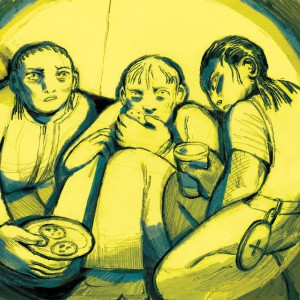 Magazine
MagazineWhen security infects social work
A Montreal homeless shelter recently laid off its front-line workers and replaced them with security guards. Service users and front-line workers in Montreal discuss what happens when social services focus on control, not care.
-
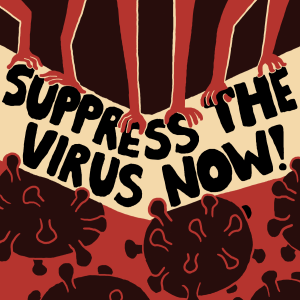 Online-only
Online-onlySuppress The Virus Now Coalition Statement
Canadian governments are putting corporate profits ahead of the health and well-being of our communities. We are a network of community groups, labour groups, and individuals in Ontario, standing together to demand that our elected officials explicitly adopt the humane goal of eliminating community spread of COVID-19 – centring the needs of those most impacted by the pandemic, and by the ongoing violence of the Canadian state.
-
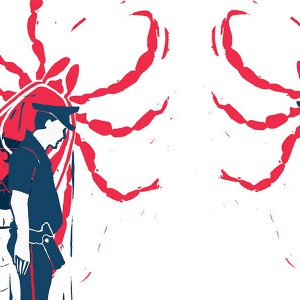 Magazine
MagazineParasitic Solidarity
Unions are meant to defend their working-class members against unfair criticism and wrongful termination. But in Winnipeg, the police union is working to obstruct accountability for police officers who kill and abuse people.
-
 Sask Dispatch
Sask DispatchRegina Municipal Election 2020: Defund the police
In preparation for Regina’s 2020 municipal election, the Sask Dispatch asked progressive community members, activists, and experts to pick one pressing issue facing the city, and write about how to address it. Michelle Stewart and Richelle Dubois, two long-time community activists, share their thoughts on defunding the police and making the city safer for Indigenous people, poor people, queer people, newcomers and other racialized and marginalized folks.
-
 Online-only
Online-onlyPolice across Canada test out military equipment at private supplier ‘range day’
Experts say rising police militarization is a consequence of mixing police and military vendors at equipment expos
-
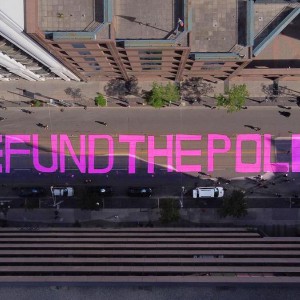 Magazine
Magazine“Defund the police” means “defund the police”
It’s a demand that’s easy to understand and easy to fight for, which is important because we’ll need a lot of people to help us win it.
-
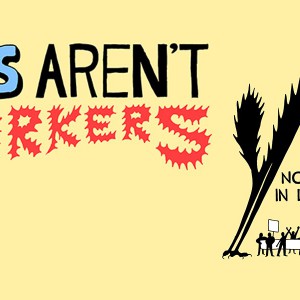 Online-only
Online-onlyIt’s time to talk about police in our unions
Toward an abolitionist approach to decent work for all
-
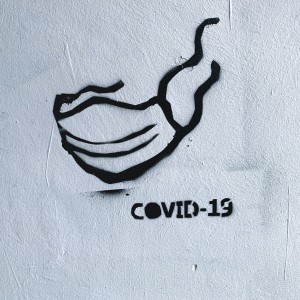 Magazine
MagazineWill it help us fight?
Briarpatch began 49 years ago as a four-page newsletter produced by and for low-income earners, welfare recipients, and the unemployed. Today, as so many of my friends lose their jobs or have their shifts halved during the COVID-19 pandemic, I can see clearly the thread that connects Briarpatch to its origins half a century ago.
-
 Online-only
Online-onlyCOVID-19 and the threat of “community policing”
Across the country, governments are giving police heightened powers during the pandemic. But as I’ve seen in my home of Kitchener-Waterloo, when police embed themselves in poor and racialized communities, they may simply decide not to leave.
-
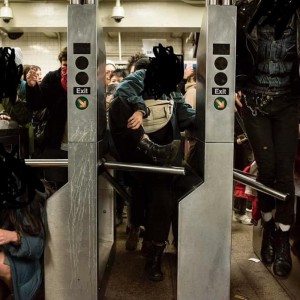 Online-only
Online-onlyFree transit is just the beginning
It’s no coincidence that struggles over public transit are erupting across the Americas. Free transit is about an end to austerity, a refusal of police power, and a demand for decommodified and universal public services.
-
 Sask Dispatch
Sask DispatchRegina’s 92-million-dollar problem
A crisis of underfunded social programs leads to an increased crime rate, which is used to justify ballooning police budgets. Activists are making the case for defunding the police.
-
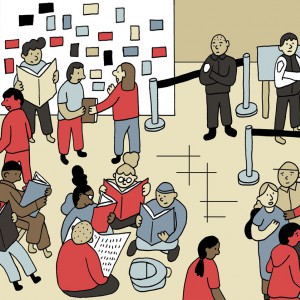 Magazine
MagazineReading truth to power
The struggle over whom Winnipeg’s downtown library belongs to serves as an unexpectedly sophisticated example of what’s possible when leftists organize outside of the electoral sphere and commit to winning a single protracted struggle.
-
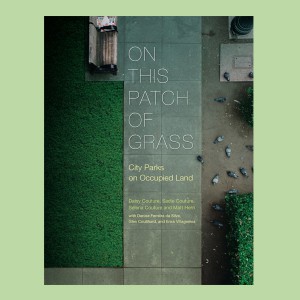 Magazine
Magazine“Pacifying the unruly city”
Official laws and social norms are wielded as tools of control to preserve urban parks as spaces for middle-class white settlers. Jessica DeWitt reviews On this Patch of Grass: City Parks on Occupied Land by Matt Hern, Selena Couture, Daisy Couture, and Sadie Couture.
-
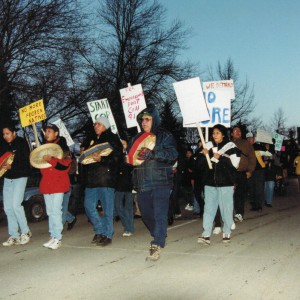 Magazine
MagazineFatal encounters
Cops may kill fewer people in Canada than in the U.S., but it’s clear that the same racism and lack of accountability underpins police shootings as in the U.S. The only difference is that, in Canada, it’s accompanied by less transparency and a paucity of data.
-
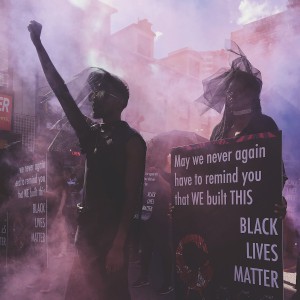 Magazine
MagazineDistinct histories, shared solidarity
Black and Indigenous people cannot look to the state for protection or systemic change. Instead, our movements have to recognize the differences between our oppressions, and stand beside each other while building new, shared spaces to exist.

